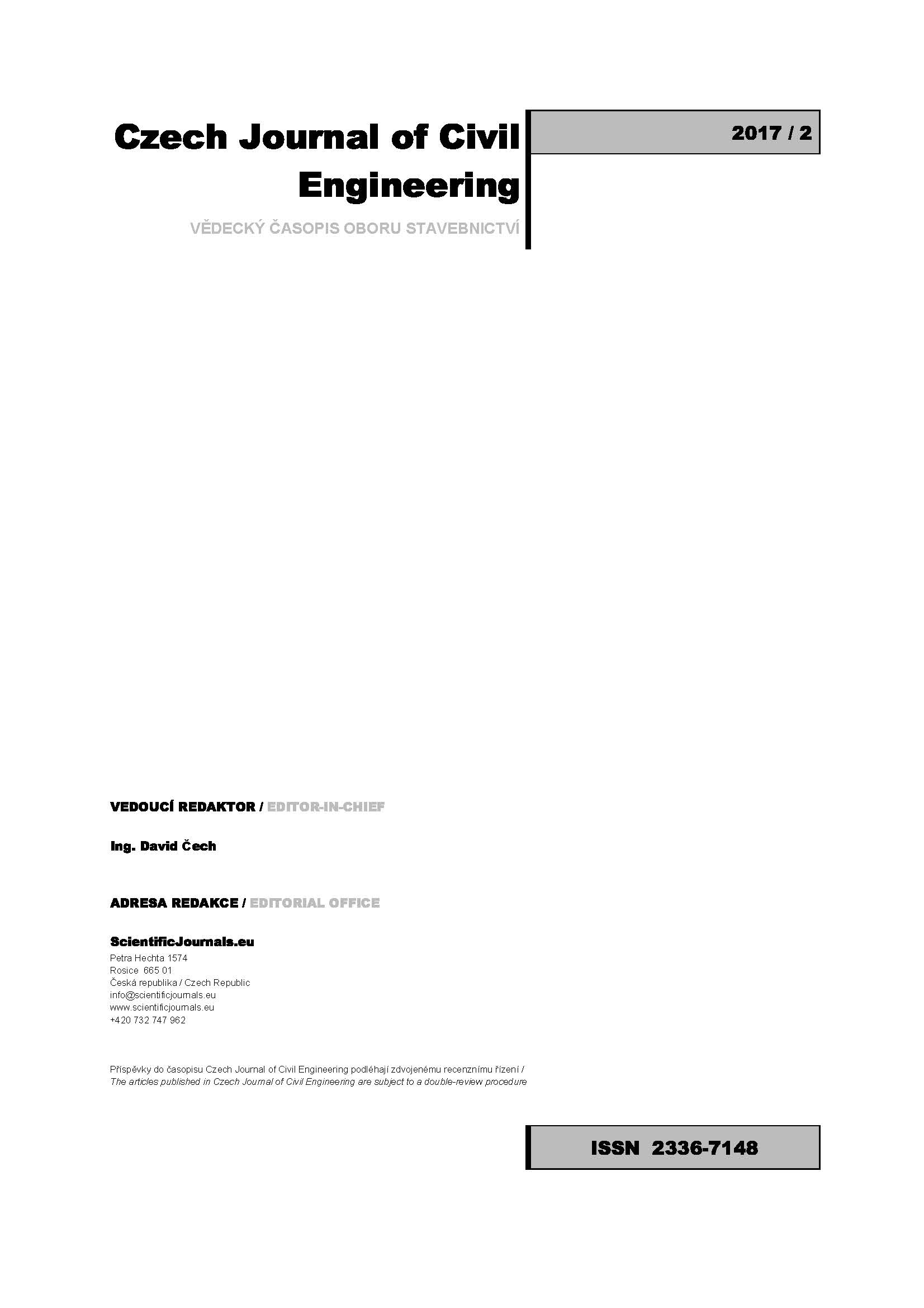REGULATION FACILITIES AT THE SEWER NETWORK AS A TOOL IN REDUCING THE EFFECTS OF HEAT ISLANDS IN URBAN AREAS
DOI:
https://doi.org/10.51704/cjce.2017.vol3.iss2.pp66-72Keywords:
Storm water, sewerage network, UHIAbstract
The research work is focused on finding extremes in climate changes which are related to rainfall-runoff process at catchment area. Location of our research is set to urban area of Slovak town Levice. During the inspections process we have made necessary calibration measurements to correct the identified defects in the project documentation. The main part of the research is evaluating the impact of rainwater to the sewerage system using block rain with selected periodicity, taking into account impact of proposed solutions for management of rainwater in the area. Evaluation of existing sewerage network was handled at periodicity levels p = 0,5; p = 0,05. The results show that climate change has high level of impact on the rainfall runoff. Even with a rain with periodicity of p = 0,5; i.e. rain that occurs once in per 2 years, we have identified specific points in the sewerage network unable to fulfill its function without extensive stress.
Metrics
References
DWA-A 138E (2005) Planning, Construction and Operation of Facilities for the Percolation of Precipitation Water, ISBN: 978-3-937758-74-9.
GARTLAND L. (2008) Heat islands – Uderstanding and mitigating heat in urban areas. Earthscan, London, ISBN 978-1-84407-250-7, 192 p.
LEONHARDT G., SUN S., RAUCH W., BERTRAND-KRAJEWSKI J. L., Comparison of two model based approaches for areal rainfall estimation in urban hydrology (2014), Journal of Hydrology, Volume 511, 16 April 2014, Pages 880-890.
MARTILLI A. (2014) An idealized study of city structure, urban climate, energy consumption, and air quality, In Urban Climate, Volume 10, Part 2, Pages 430–446, ISSN: 2212-0955.
MCGRANES. J. (2016) Impacts of urbanisation on hydrological and water quality dynamics, and urban water management, In Hydrological Sciences Journal, Volume 61, Issue 13, Pages 2295-2311, ISSN: 0262-6667.
ŽIARAN J. (2015) Územný plán mesta (ÚPN-O) Levice. Košice : architektonická kancelária ARKA, spol. s r.o., s. 187-198.
Downloads
Published
How to Cite
Issue
Section
License
Copyright (c) 2023 Jaroslav Hrudka, Michaela Červeňanská, Dušan Rusnák, Marianna Czölderová, Veronika Soldánová

This work is licensed under a Creative Commons Attribution-NonCommercial-NoDerivatives 4.0 International License.
Creative Commons Attribution-NonCommercial-NoDerivatives 4.0 International Public License
Articles published in Czech Journal of Civil Engineering are licensed using Creative Commons License. Except where otherwise noted, individual articles in the Czech Journal of Civil Engineering are licensed under a Creative Commons Attribution-NonCommercial-NoDerivatives 4.0 International (CC BY-NC-ND 4.0).









